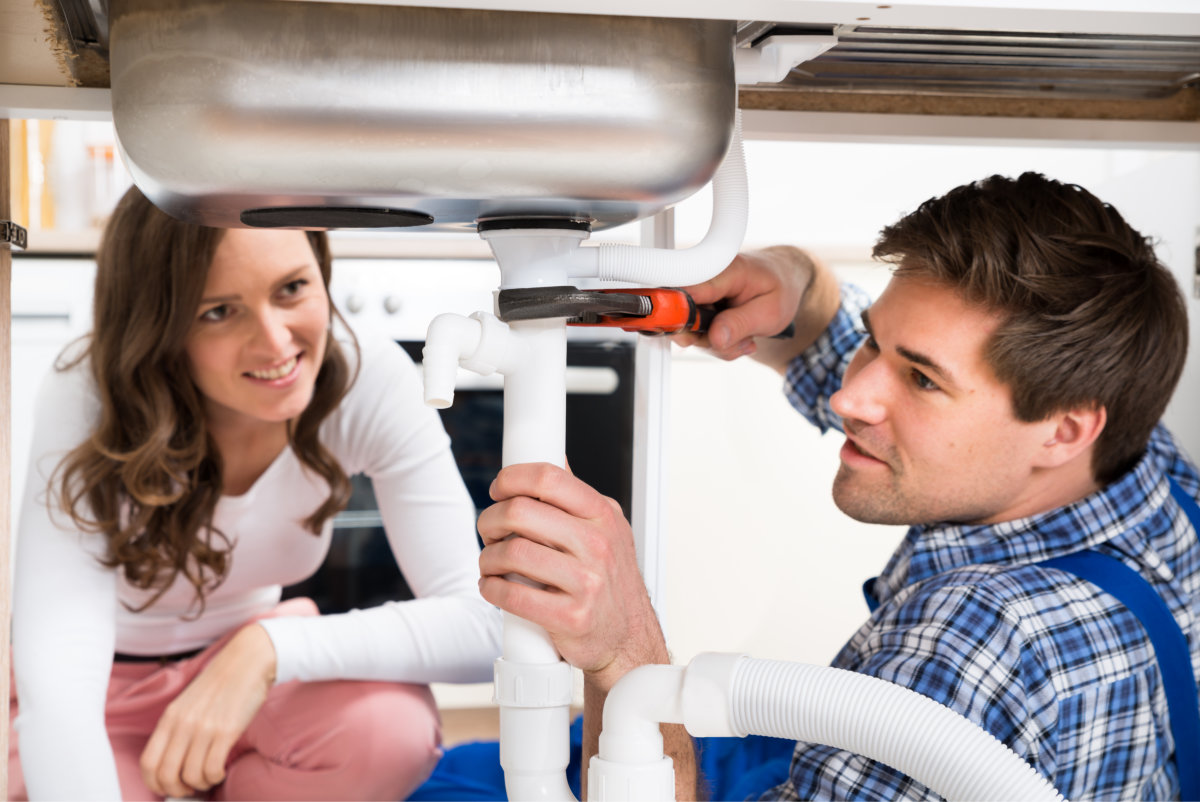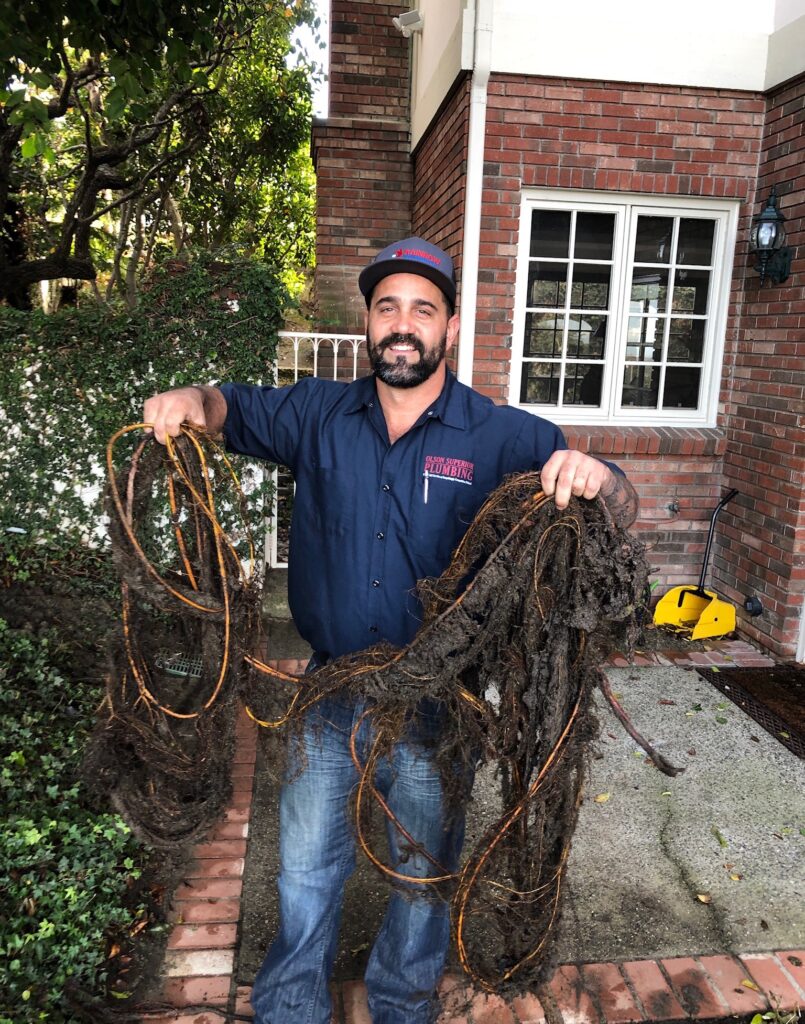The Benefits of Employing Qualified Pipes and Heating Professionals
Exactly How to Effectively Get Rid Of House Waste and Home Heating Oil ======================================================================
Maintaining your household running smoothly is a top priority, yet have you taken into consideration the environmental effect of your waste monitoring? From hazardous cleansers to outdated electronic devices, inappropriate disposal can present significant risks to your community and regional ecological communities. And what regarding that aging heating oil container lurking in your basement? Overlooking it can mean calamity. Fortunately, with a little expertise, you can secure your home and the earth. Allow's check out the dos and do n'ts of liable household waste and heating oil management – expertise that simply might save you a globe of trouble down the line.
Key Takeaways
- Recognize and safely throw away home hazardous waste like cleansing materials, paint, and chemicals via community collection programs or hazardous waste facilities.
- Reuse home things appropriately by following neighborhood reusing guidelines, cleansing containers, and sticking to size/material restrictions.
- Compost food and organic waste to lower landfill waste and produce nutrient-rich dirt, preserving the correct equilibrium of carbon and nitrogen-rich products.
- Appropriately reuse electronic devices (e-waste) through community or retailer-provided programs to prevent harmful products from contaminating the atmosphere.
- Securely dispose of heating oil through local collection programs or by following regional guidelines to secure the atmosphere and community health.
Recognizing House Hazardous Waste
Home hazardous waste is any type of undesirable material in your home that's corrosive, flammable, toxic, or reactive and can hurt the environment otherwise taken care of effectively.
You'll locate these toxic products alike family products like cleaning products, paint, chemicals, and batteries. Try to find hazardous tags like 'threat,' 'caution,' 'caution,' or 'toxin' to determine them.
Do not pour these down the drain or throw them in the routine trash. They can pollute rivers and dirt. Instead, contact your local waste administration department to see if they have a home contaminated materials collection program. These allow you to securely take care of things like old paint, motor oil, and mercury-containing thermostats. Some municipalities even have special drop-off days for these products.
If your community does not have a collection program, you may need to take the hazardous waste to a marked center. Appropriately getting rid of home hazardous waste secures the setting and your family's health and wellness.
Play it safe and maintain these materials out of the routine waste stream.
Correct Disposal of Recyclables
Dividing and reusing house products, such as glass, plastic, and paper, minimizes waste and preserves natural resources. Appropriately disposing of these recyclables entails following your regional municipality's guidelines for collection and drop-off.
Contact your waste management solution to recognize the approved products and collection treatments in your area. kitchen sink drain Your neighborhood likely has details reusing guidelines you must follow. For instance, some might need you to sort recyclable products by kind, while others approve single-stream reusing where all products can be put with each other.
Validate you wash and clean recyclable containers prior to placing them in the assigned bin or bag. In addition, bear in mind any dimension or product limitations, as particular products like large plastic playthings or aluminum foil may not be approved.
Following your local recycling guidelines assures the appropriate handling and reuse of these useful recyclable materials. By doing your part, you contribute to a much more lasting future for your neighborhood and the setting.
Handling Food and Organic Waste
You can lower your food waste by composting it in your home.
Composting food scraps and other organic matter helps to lessen the quantity of waste sent out to garbage dumps.
Get going with composting today – it's a very easy method to be a lot more environment-friendly.
Composting Food Waste
Composting food scraps is a lasting means to reduce the amount of natural waste sent to landfills, where it can create methane, a powerful greenhouse gas. Home composting is easy to do and gives various benefits. By establishing a compost bin in your yard, you can turn food waste, backyard trimmings, and various other organic products into nutrient-rich dirt modification for your garden. This garden compost can improve soil structure, rise water-holding capacity, and provide crucial nutrients for your plants.
To get started, select a composting technique that suits your needs, such as a tumbler bin or a standard stack. Layer the products, making certain a well balanced mix of carbon-rich 'brownish' materials (like dried out leaves or shredded paper) and nitrogen-rich 'environment-friendly' products (like fruit and vegetable scraps).
Consistently transform the pile and maintain it moist to maximize the decay procedure. With a little treatment and interest, you can produce cost-free, high-grade garden compost to enrich your dirt and minimize your environmental effect.
Minimizing Food Waste
One of the most effective ways to lower food waste is to prepare your dishes and grocery buying thoroughly, guaranteeing you just buy what you need and can genuinely consume prior to it spoils. Dish planning is crucial – take a few minutes each week to map out your dishes, making a grocery checklist based on those plans. This'll help you buy simply the right quantities and stay clear of impulse purchases that frequently end up in the trash.
Section control is one more crucial approach. Bear in mind just how much you're serving yourself and your family. Leftovers can be excellent, but try to just make as long as you'll consume at a given meal. If you do have additional, get imaginative with it – transform it right into a brand-new recipe or freeze it for later.
Buying in bulk can be tempting, but unless you recognize you'll utilize everything, it might lead to waste. With a little planning and part recognition, you can greatly minimize the quantity of food that ends up in the container.
Disposing of Digital Tools
Digital gadgets, such as old computer systems, televisions, and smartphones, call for special handling when the time involves take care of them. Improperly throwing out these products can hurt the setting, so it's crucial to comply with the ideal actions.
First, think about e-waste recycling. Numerous towns and electronics stores offer programs to securely reuse old electronic devices. These accountable disposal techniques assure damaging products like lead, mercury, and cadmium do not wind up in land fills or waterways.
Additionally, check into electronic repair. Organizations might accept your obsolete tools, recondition them, and donate them to those in need, prolonging the life of the modern technology.

When disposing of your digital tools, never merely toss them in the trash. Make the effort to discover an e-waste reusing facility or refurbishment program in your location.

This tiny action can make a huge difference in safeguarding the atmosphere. By complying with correct disposal approaches, you'll give your old electronic devices a new life or guarantee they're recycled safely.
Handling Heating Oil Sensibly
When it involves managing home heating oil, you require to throw away it properly.
Examine your tank regularly and keep it to avoid leakages.
Be aggressive regarding spill avoidance to avoid environmental damage.
Proper Heating Oil Disposal
Correctly dealing with used or excess home heating oil is vital to protecting the environment and your local community's well-being. Heating oil guidelines vary by region, so it's important to acquaint yourself with the standards in your location. Numerous communities have particular collection programs or contaminated materials facilities that approve heating oil for appropriate disposal.
Do not pour heating oil down drains, sewers, or on the ground – this can contaminate dirt and water sources. Rather, consider your disposal choices. Some heating oil distributors may take back made use of oil for reusing or correct disposal. You can likewise contact your neighborhood waste monitoring authority to inquire about drop-off areas or hazardous waste collection occasions in your community.
Proper handling and disposal of heating oil reduce the threat of spills, leakages, and environmental damages. By following the regulations and making use of accepted disposal methods, you'll play an important function in safeguarding the planet and your neighbors.
Tank Upkeep
Regularly examining your home heating oil storage tank is essential to stop leakages and spills that might hurt the setting. Conduct visual tank evaluations monthly, checking for any indications of rust, damages, or leakage. Watch for splits, corrosion, or trickles around the container and its links. If you see any type of issues, address them without delay to avoid prospective oil leakages.
It's additionally crucial to have your tank properly inspected and serviced every year. A professional will completely analyze the tank, screening for structural stability and detecting any issues you might've missed. They'll clean the storage tank, replace used parts, and make certain your system is operating securely and efficiently.
Appropriate tank upkeep is crucial to accountable heating oil management. By staying alert and taking positive steps, you can protect your home, your community, and the surrounding ecosystem from the destructive influences of an oil spill.
Do not wait up until it's far too late guard your container today.
Spill Prevention Actions
Safeguarding your home heating oil from spills begins with correct tank maintenance. Routinely evaluate your tank's problem, attend to any problems without delay, and have an expert technician service it each year to ensure the system's stability and safety and security.

Furthermore, execute durable spill control measures to reduce the impact of any kind of unintentional release. Mount a durable additional containment system around your storage tank to capture any leaks or spills. Maintain absorbing materials, such as sand or cat clutter, handy to promptly consist of and tidy up little spills.
Make sure to have an emergency feedback strategy in place, laying out the actions to take in the event of a larger spill. This need to include getting in touch with neighborhood authorities and environmental agencies, as well as having the needed tools and materials easily offered.
Protecting Against Groundwater Contamination
Improper disposal of family waste can bring about groundwater contamination, contaminating the resources of alcohol consumption water and harming the setting. To prevent groundwater defense, you should bear in mind the contamination resources in your house.
Beginning by identifying and properly getting rid of harmful products like paints, solvents, and pesticides. Never put these away or onto the ground, as they can seep right into the groundwater.
In a similar way, ensure you're taking care of used motor oil, antifreeze, and various other auto liquids properly. Take them to an assigned collection site for appropriate disposal or recycling. Stay clear of burying or burning family waste, as these methods can additionally bring about groundwater contamination. Instead, sort your waste and utilize curbside pick-up or area recycling programs whenever feasible.
In addition, keep your septic tank on a regular basis to avoid leaks or overflows that might infect the groundwater. By being positive and making educated choices, you can play a substantial function in shielding this vital source.
Mitigating Fire Risks
Properly storing combustible family items and frequently examining your home for fire dangers can significantly reduce the likelihood of a destructive blaze.
Start by maintaining flammable materials like paint, fuel, and propane storage tanks in an awesome, completely dry, well-ventilated area far from any warmth sources or open fires.
Verify smoke detector are installed on every degree of your home and test them monthly.
Create an emergency escape plan with two escapes of every area, and practice it with your family.
Maintain fire extinguishers readily available and know exactly how to use them.
If a fire does take place, leave promptly and call the fire department.
Don't attempt to combat the fires on your own unless it's a tiny, contained fire.
Complying with these fire safety measures can help shield your liked ones and your home.
Being gotten ready for an emergency reaction could be the distinction between a minor incident and a terrible catastrophe.
Area Waste Administration Programs
Lots of neighborhoods use waste administration programs that make it simple to get rid of house garbage, reusing, and harmful products responsibly. These programs frequently consist of curbside pick-up, drop-off facilities, and unique collection events. You can join these programs to reduce waste and sustain your local neighborhood's efforts to take care of waste sustainably.
Look into your area's waste administration choices and make use of them. Recycling aids conserve natural resources and decrease the quantity of waste that ends up in garbage dumps. Several neighborhoods likewise have programs for safely dealing with hazardous house things like paint, electronic devices, and batteries.
Attend a community clean-up event or volunteer to help sort and procedure recyclables. By obtaining included, you'll not only appropriately dispose of your very own waste however likewise contribute to the general health and wellness and tidiness of your area.
Often Asked Concerns
What Is the Distinction In Between Hazardous and Non-Hazardous Waste?
The key distinction in between harmful and non-hazardous waste lies in their ecological influence.
Contaminated materials, such as batteries or chemicals, can be unsafe to the setting and human health if not taken care of properly.
Non-hazardous waste, like paper or food scraps, usually poses much less of a threat.
When it pertains to lose classification, it's essential to understand this distinction so you can ensure you're throwing away all your house items securely and responsibly.
Can Made Use Of Food Preparation Oil Be Disposed of in the Sink?
No, you shouldn't throw away made use of cooking oil down the sink. It can block pipes and damage the setting.
Rather, let the oil cool totally, after that put it into a sealable container and deal with it properly.
Many neighborhood waste monitoring services provide cooking oil reusing programs – this is the most effective way to do away with made use of oil while lessening its ecological influence.
How Can I Securely Transport Old Electronic Devices to a Recycler?
To safely carry old electronics to a recycler, initial confirm all data is firmly erased.
Carefully package the items, cushioning vulnerable elements.
When moving, keep electronic devices upright and safeguard them in your vehicle to stop damages.
Drive cautiously, preventing sudden stops or turns.
Upon arrival, follow the recycler's directions for drop-off procedures.
Digital recycling warranties these products are gotten rid of responsibly, keeping damaging compounds out of the atmosphere.
Is It Legal to Shed Heating Oil in My Backyard?
It's typically illegal to melt heating oil in your backyard.
Home heating oil has unsafe chemicals that can pollute the air and soil when shed incorrectly.
The majority of areas have strict policies around the disposal of heating oil to safeguard the setting.
Your best option is to contact your neighborhood waste administration authority to find out about the correct and lawful way to take care of old or unused home heating oil.
Burning it in your yard can cause large penalties.
Just How Can I Obtain Associated With My Community's Waste Management Programs?
Involving with your neighborhood's waste management programs is a terrific method to obtain involved.
Explore regional neighborhood tidy up or recycling campaigns – they're fantastic possibilities to make a favorable effect.
Volunteer your time, take part in instructional sessions, and even arrange your own clean-up occasion.
By taking an energetic duty, you can assist promote sustainable techniques and maintain your community looking its ideal.
It's a satisfying means to make a distinction!
Conclusion
Effectively disposing of family waste and home heating oil is vital to protecting the environment and your neighborhood.
Do not put harmful products away or throw them in the trash. Rather, use regional collection programs for risk-free disposal.
On a regular basis check and keep your heating oil container to avoid leaks and warranty accountable handling.
By taking these actions, you'll aid maintain your area tidy and healthy.